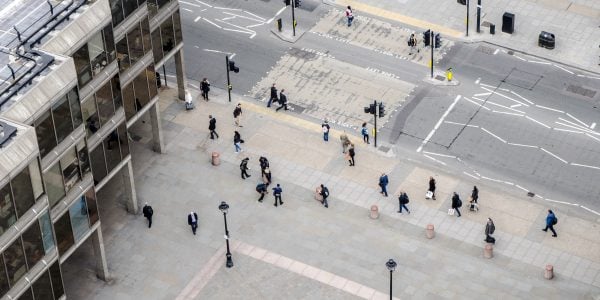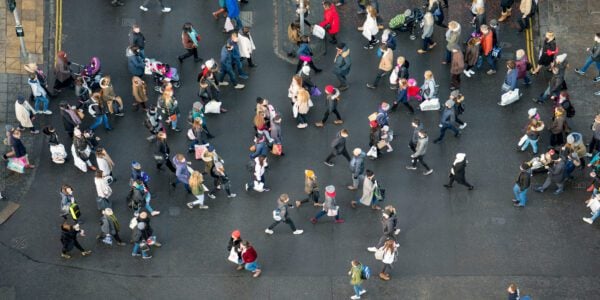
10/10/22
2 min read
Chancellor Kwasi Kwarteng must either fund unanticipated pay awards or face industrial action, further staff retention issues and poorer quality services, says the latest IFS Green Budget report.
The 5% pay rise announced for public sector staff in July 2022 is higher than the planned 3% increase laid out in the October 2021 spending review, but government funding given to public sector bodies has not been adjusted to reflect the rise in wages.
If the government adheres to the current spending programme, the public sector will need to find savings of up to £5 billion to cover the cost. This could mean cutting 200,000 jobs by 2024 to meet the new pay settlement without increasing the wage bill for employers, the chapter notes.
This added strain on the finances of public sector bodies is on top of other non-staff costs that are building up. Failing to top up public sector budgets will also make it far more difficult for the government to achieve its aims of clearing the NHS backlog, improving primary education and enhancing social care.
Although wages will be 2% or 3% higher, the 5% pay award is still below inflation which is currently at 10%, meaning public sector staff are facing a real terms pay cut of 5% at a time when the cost of living is soaring.
With public sector pay falling behind inflation and private sector wages, concerns remain around recruitment, retention and industrial action. The difference between public and private sector pay is now wider than at any point in the past 30 years and unfilled vacancies within education, health and social care are already at crisis levels.
However, employer pension contributions in the public sector are far more generous than in the private sector. Almost half (47%) of public sector employees received an employer pension contribution of at least 20% of their pay in 2021, whereas the same was true of just 2% of private sector employees.
The report states that there is a strong case for redirecting public sector remuneration from pensions towards pay, which would not incur additional costs but would still leave public sector staff with better pensions than their private sector counterparts.
Under current plans, public sector employees and their families will face increasing financial pressure as the costs of living rise and some workers lose their jobs. These plans also pose risks to the recruitment and retention of people in key public sector roles and will have a knock-on impact on the delivery of vital services, which are already under extreme strain. There is no easy route to bringing government spending under control while maintaining and improving the delivery of public services. However, cost-neutral options such as offering public sector workers more flexibility in choosing the right balance between their pay and pension contributions should be given serious consideration.Mark Franks, Director of Welfare at the Nuffield Foundation,
Bee Boileau, Research Economist at IFS and an author of the research, said:
‘Offering higher pay awards without additional funding puts enormous strain on departmental budgets and requires painful cuts elsewhere. Not offering higher pay awards risks a wave of strikes and ongoing challenges with recruitment and retention. But providing additional funding to departments would mean offsetting spending cuts elsewhere, or a U-turn on some of the Chancellor’s recent tax cuts, if he is serious about having debt falling as a share of national income. There are no easy options, and navigating these trade-offs will be one of the central fiscal choices for the new Chancellor.’
Laurence O’Brien, Research Economist at IFS and another author of the research, said:
‘Pay in the public sector has consistently fallen relative to the private sector for the last decade. Meanwhile, public sector pensions look increasingly generous compared with their private sector counterparts. The rising cost of living and the squeeze on family budgets make this set-up seem increasingly unbalanced. Many public sector workers might well prefer to put less of their own money into a pension via employee pension contributions, and instead to receive higher take-home pay today and a slightly less generous pension offer tomorrow. This change, if it could be agreed, could improve public sector workers’ welfare with no change to the costs for their employer. It could also prevent a potential rise in pension opt-outs in the public sector.’
Explore the Green Budget project










































